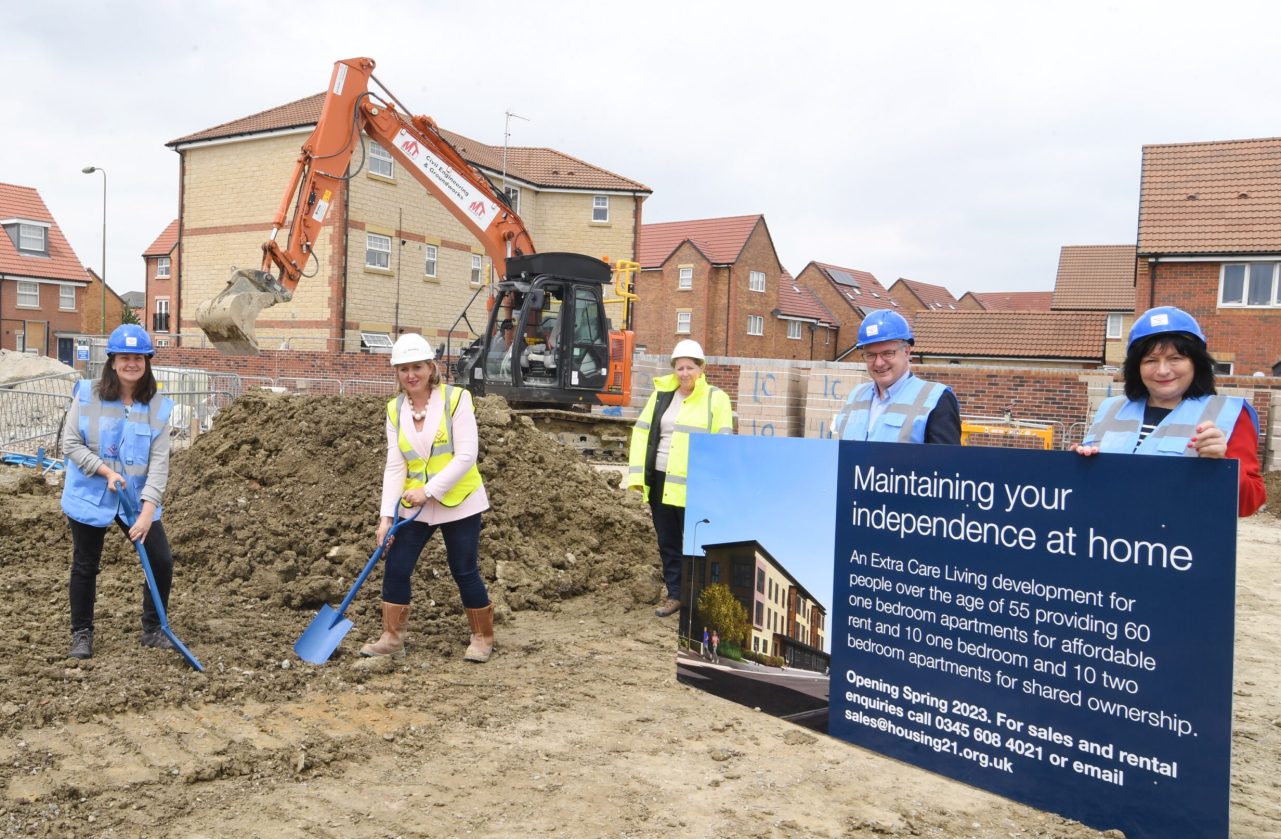
Making retirement living affordable: the role of shared ownership housing for older people
This new report by the All-Party Parliamentary Group (APPG) on Housing and Care for Older People focuses on a recognised problem – that new retirement and extra care housing built for sale is often too expensive for older home-owners who are attracted to it, would benefit from it, and would free up family housing if they did make a move.
“Right-sizing to a more accessible, manageable, energy-efficient home (it says) may be the perfect answer for a lot of us in older age. But what if you cannot afford to buy outright, yet have little chance of getting a rented apartment from a social housing provider? Could the shared ownership model offer a way of opening up high-quality retirement housing in England to a much larger market than the other options?”
The report, the outcome of a year long inquiry, recommends greater consumer protection and ongoing regulation to give greater confidence to investors as well as to buyers (and to their advisers and families), plus tweaks to the government’s new Older People’s Shared Ownership (OPSO) scheme to simplify it and remove anomalies.
Planning for retirement? How the planning system needs to change to better support the delivery of specialist housing for older people
A new report from Retirement Housing Group UK (RHGuk), the UK's leading organisation representing the whole retirement housing sector, is calling for a series of updates to the planning system in a bid to bridge the gap between demand and supply of specialist housing for older people in the UK.
As the number of people in the UK aged over 80 will go from 3.3m to 4.5m in the coming decade and pressure on health and social care services increases, the report finds that total supply of specialist housing for older people is lagging behind these demographic changes. In 2015 there were 139 properties per thousand people aged 75 or over, but in 2021this number had fallen by over a fifth to just 110 properties per thousand people, a trend which looks set to continue unless planning policy is reformed.
RHG believes it is vital that the planning system does more to encourage the provision of housing which is designed and maintained in a way that can enable people to stay in a home of their own where help and support services can be easily provided should it be needed.
The report draws on supply data from the Elderly Accommodation Counsel (EAC) and times taken to achieve planning consent, which are significantly longer than applications for mainstream housing. It proposes a series of changes to the planning system that would unlock the supply of this type of housing so that people can enjoy more choice about the type and location of home they would like to live in as their needs change in later live.